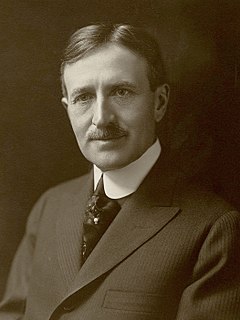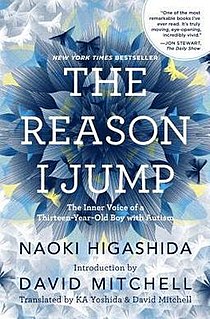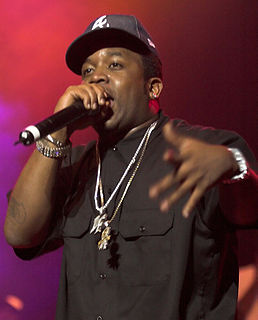A Quote by Adam Morris
This makes his writing very pleasing to read: João Gilberto Noll pays attention to detail, but only to certain details. And it's never easy to foresee which details will send the narrator or the plot in an unsuspected direction.
Related Quotes
An executive cannot gradually dismiss details. Business is made up of details and I notice that the chief executive who dismisses them is quite likely to dismiss his business. Success is the sum of detail. It might perhaps be pleasing to imagine oneself beyond detail and engaged only in great things, but as I have often observed, if one attends only to great things and lets the little things pass the great things become little; that is, the business shrinks.
Once I looked into it, I was taken aback to learn that pretty much nothing by João Gilberto Noll was available in English translation. I was confident that I could find an editor and the readership for a translation: Noll is highly respected in Brazil, and at the same time divisive, somewhat like Hilda Hilst. Neither of them enjoys the universal acclaim you might associate with Clarice Lispector, whom everyone adores, myself included. Still, I considered it a tremendous injustice that Noll had not been more widely translated and was determined to rectify it.
Jorge Luis Borges had the soapbox and the authority to complain about this myopic understanding of the duty of Latin American writers, which sometimes forecloses their unique modernism and experience of modernization in favor of a mythic past or an artificially constructed ideal national subject. So likewise in João Gilberto Noll, readers shouldn't expect samba and Carnival and football. The Brazilian national identity is not one of his primary concerns.
Movies are details. Movies are billions of details that come into a certain moment. So with all the years and months and weeks and days and minutes of preparation, then finally you're shooting and it all comes down to these moments when you're shooting, which is sort of insane when you think about it. The details make a difference.
The elements of a good story are most definitely details, little bitty details. That does it, especially when you're describing, when you're setting the scene and everything. It's like you're painting a picture, so details are very important. Also, the music gotta be right. The music can really set the tone for the story and let you know what the story is gonna be about, but definitely, it's the vibe in the place where you at and the detail.
The devil's in the details. The way I view my job is to bring the reader into a world they otherwise could not enter and let them see it through the character's eyes. And you can only do that with detail. The details make the characters distinct from one another. If you can give them those little grace notes, those little touches, that's what makes the reader relate.
People will ask me, "How do you approach writing books for young readers differently than for adults?" My answer is always: I don't change anything about the story itself. I'm going to tell kids the way things really were. What I don't do - and this is the only thing I do differently in writing for kids - is that I don't revel in the gory details. I allow readers to fill in the details as necessary. But I don’t force kids to have to digest something they’re not mature enough or ready for yet. If they are, they can fill in the details even better than I could, just with their imaginations.




























